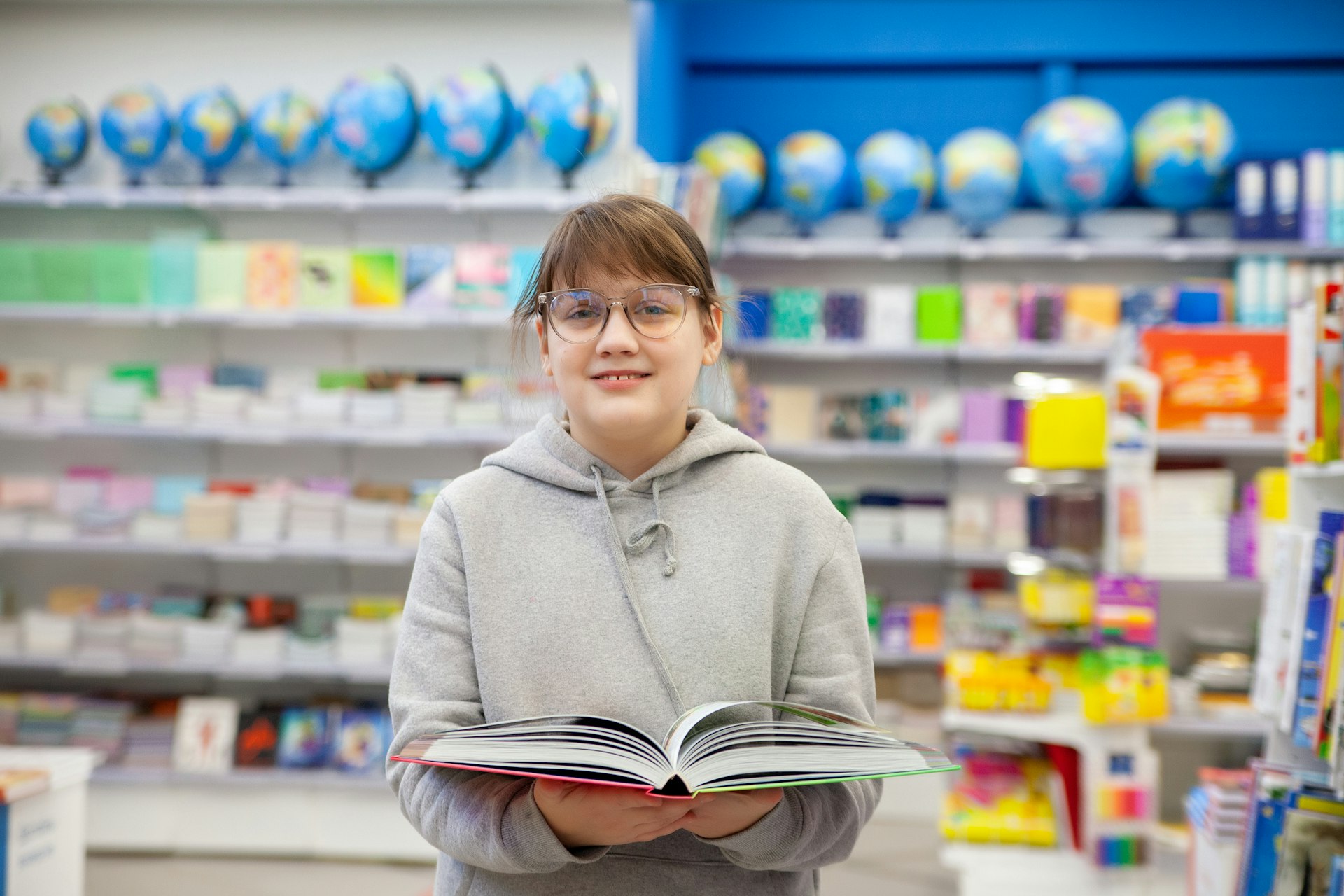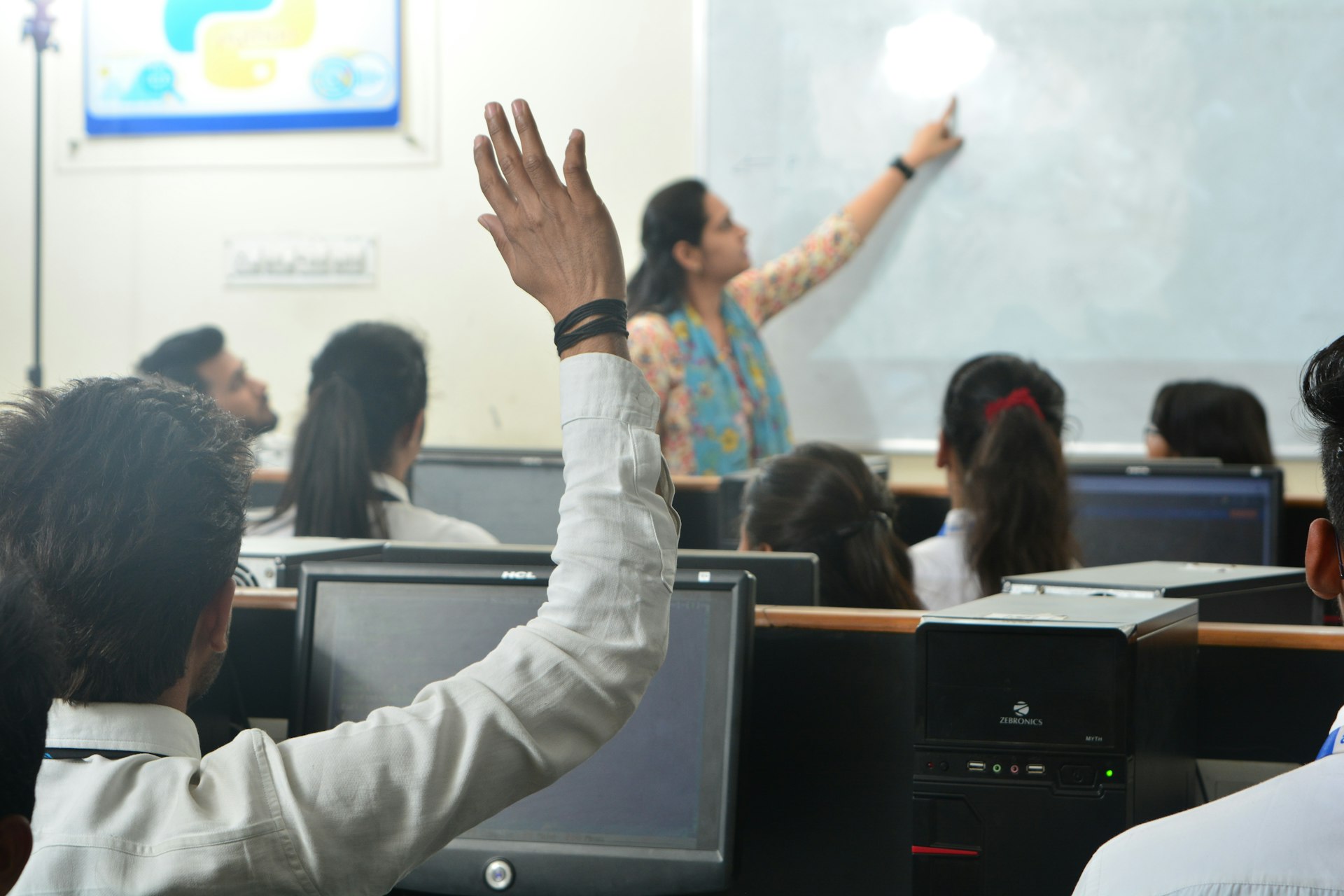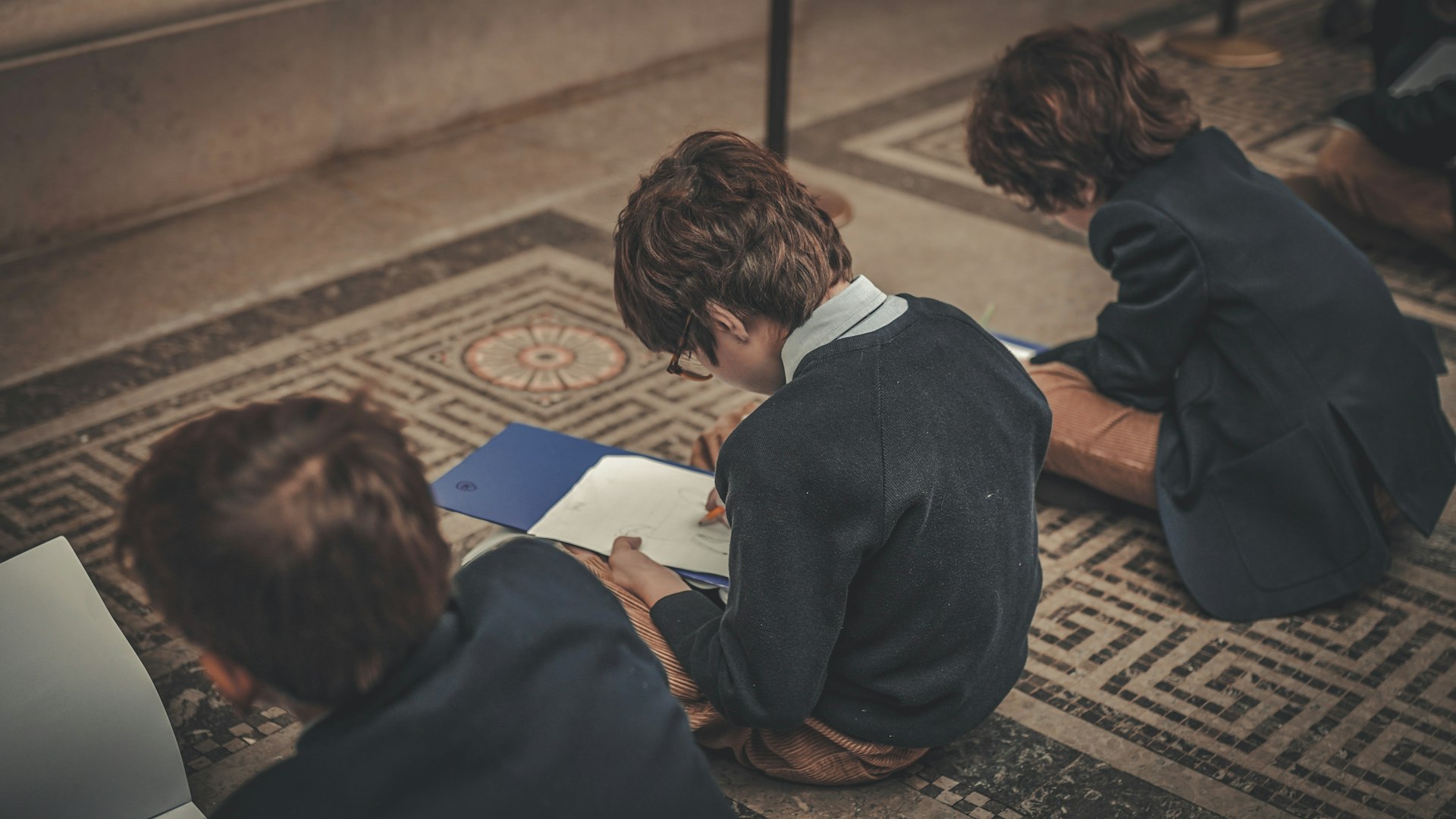Grandparents in Modern Families: Building Bonds Across Generations

Photo by Vitaly Gariev on Unsplash
Introduction: The Evolving Role of Grandparents
In today’s rapidly changing world, the role of grandparents in modern families is more dynamic and essential than ever. No longer confined to traditional expectations, grandparents now participate in diverse ways-from providing childcare and emotional support to sharing wisdom and preserving family culture. This article explores their evolving influence, offering guidance on integrating grandparents into contemporary family life, addressing challenges, and highlighting practical steps for fostering strong intergenerational relationships.
Emotional Support and Stability
Grandparents are often pillars of emotional support in modern families. Their presence can help children feel secure, confident, and loved. Research indicates that children with active, involved grandparents tend to develop better social skills and emotional resilience, benefiting from a greater sense of family continuity and support [1] .
For parents, grandparents offer a valuable support system, providing relief from daily stress and helping balance work and family responsibilities. This support can be especially important for single parents or families facing unique challenges. Emotional stability offered by grandparents is not just about comfort-it enables families to thrive in difficult moments.
Implementation Steps: – Regular family check-ins: Schedule weekly calls or visits to stay emotionally connected. – Mindful listening: Encourage grandparents to listen to both children and parents, reinforcing trust. – Shared activities: Family game nights, storytelling, or walks can strengthen emotional bonds.
Potential Challenges & Solutions: Occasionally, generational differences in communication or parenting style may cause friction. Open dialogue and mutual respect are key to overcoming these differences, allowing grandparents to remain a supportive presence even when opinions differ.
Sharing Wisdom and Experience
Grandparents bring a wealth of life experience and practical wisdom to modern families. Their stories, advice, and historical perspective provide context for younger generations, helping children and parents navigate life’s complexities [2] .
Grandparents can offer guidance on topics ranging from financial planning to conflict resolution. Their experience helps families avoid pitfalls and learn from past successes and failures. For new parents, this mentorship is invaluable, offering reassurance and practical solutions to everyday challenges.
Practical Application: – Invite grandparents to share stories during family meals or gatherings. – Ask for their advice on major decisions, fostering a sense of inclusion. – Consider enrolling grandparents in refresher courses on modern parenting practices, such as those offered by centers like Motherhood Center [1] to help bridge generational gaps.
Alternative Approaches: If direct advice feels overwhelming, encourage grandparents to participate in mentorship activities outside the home, such as volunteering or joining community groups, allowing them to share their wisdom in diverse settings.
Preserving Family Traditions and Cultural Heritage
One of the most significant contributions grandparents make is in the preservation of family traditions and cultural heritage. They serve as custodians of rituals, customs, and values, enriching their grandchildren’s sense of identity and belonging [2] .
From cooking traditional recipes to celebrating holidays and telling stories about ancestors, grandparents connect the past and present, fostering continuity across generations. These activities help children understand their roots and feel pride in their heritage.
Implementation Steps: – Organize family gatherings focused on traditional celebrations or recipes. – Document family history together, creating photo books or recordings. – Encourage grandchildren to participate in cultural activities with their grandparents.
Potential Challenges: Modern lifestyles and busy schedules can make it difficult to maintain traditions. To address this, families can schedule annual events or virtual gatherings, and encourage grandparents to share traditions in bite-sized, accessible formats.
Childcare and Practical Support
With many parents working full-time, grandparents increasingly provide practical support, such as childcare, transportation, and help with household tasks [4] . This involvement not only benefits parents by alleviating daily pressures but also deepens the relationship between grandparents and grandchildren.
Some companies now offer family-friendly work policies, but grandparents remain a crucial part of the support network, especially for families who lack access to affordable childcare. This can take many forms, including part-time babysitting, picking up children from school, or supervising homework.
Step-by-Step Guidance: – Parents should discuss expectations and boundaries with grandparents before entrusting childcare responsibilities. – Create a shared calendar for schedules and commitments. – Encourage grandparents to stay informed about modern parenting practices, including health and safety guidelines.
Alternative Solutions: For families without grandparents nearby, consider connecting with senior volunteer programs or community organizations that offer intergenerational mentorship and support.
Navigating Modern Parenting Practices
Modern parenting has evolved, with changes in discipline, nutrition, screen time, and gender roles. Grandparents may feel challenged by new norms, but with openness and willingness to learn, they can adapt and continue to play a vital role [4] .

Photo by Thomas Chan on Unsplash
Organizations like Motherhood Center offer grandparent refresher classes to help bridge generational gaps and update grandparents on current best practices [1] . These resources can help grandparents stay relevant and supportive in today’s family environment.
Practical Steps: – Encourage grandparents to read current parenting books or attend workshops. – Facilitate open conversations about parenting styles and expectations. – Offer constructive feedback and celebrate efforts to adapt.
When conflicts arise, focus on empathy and understanding rather than agreement. Remember, the goal is connection, not conformity.
Intergenerational Reciprocity and Mutual Growth
Grandparenting is not a one-way relationship. Both grandparents and grandchildren benefit from the bond, experiencing mutual affection, learning, and personal growth [2] .
Grandparents gain a renewed sense of purpose and vitality, while children develop empathy, respect, and a broader worldview. This reciprocity is central to healthy family life, creating dynamic relationships that enrich all participants.
How to Foster Mutual Growth: – Encourage grandchildren to teach grandparents about technology or new trends. – Invite grandparents to participate in activities outside their comfort zone, such as travel or creative projects. – Celebrate achievements together, reinforcing shared pride and joy.
Challenges may include generational misunderstandings or resistance to change. To address these, families should prioritize patience, humor, and ongoing communication.
Practical Strategies for Involving Grandparents
To maximize the benefits of grandparent involvement in modern families, consider the following actionable strategies:
1. Set Clear Expectations: Openly discuss the desired level of involvement and any boundaries necessary for healthy relationships.
2. Provide Educational Resources: Share books, articles, or recommend workshops so grandparents can stay informed about current family practices.
3. Celebrate Intergenerational Events: Organize regular family gatherings that highlight both tradition and innovation.
4. Use Technology to Stay Connected: For long-distance families, video calls and social media can help maintain close relationships.
5. Support Grandparent Well-being: Encourage grandparents to maintain their own social networks, hobbies, and self-care routines for emotional health.
If you’re seeking more resources or support programs, you can contact your local Area Agency on Aging or search for “grandparent support programs” through reputable family service organizations. Many community centers and family advocacy groups offer workshops, support groups, and educational materials for grandparents.
Conclusion: Building Lasting Legacies
Grandparents are more than just family members-they are mentors, nurturers, and cultural custodians whose presence enriches modern family life. By embracing flexibility, open communication, and mutual learning, families can ensure that grandparents continue to play a vital, rewarding role for generations to come.
References
- [1] Motherhood Center (2024). Grandparents’ Role in Early Childhood: A Guide for New Parents.
- [2] Alden (2024). The Importance of Grandparents in the Lives of Their Grandchildren.
- [3] Los Alamos Reporter (2025). The Role of Grandparents in Our Current Culture.
- [4] North State Parent (2024). Role of Grandparents In Modern Families.
MORE FROM jobzesty.com













